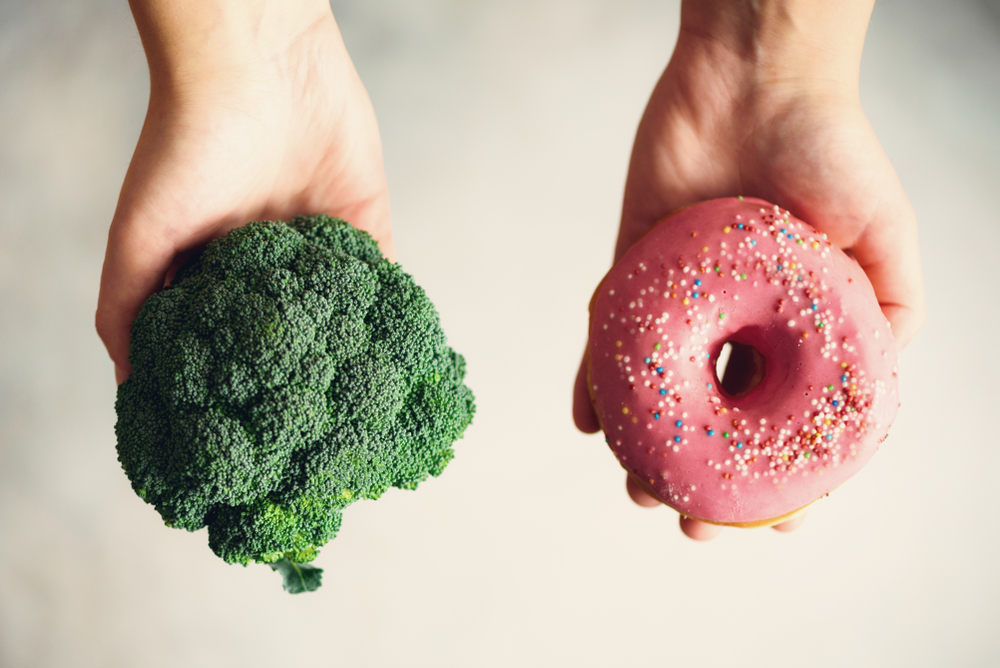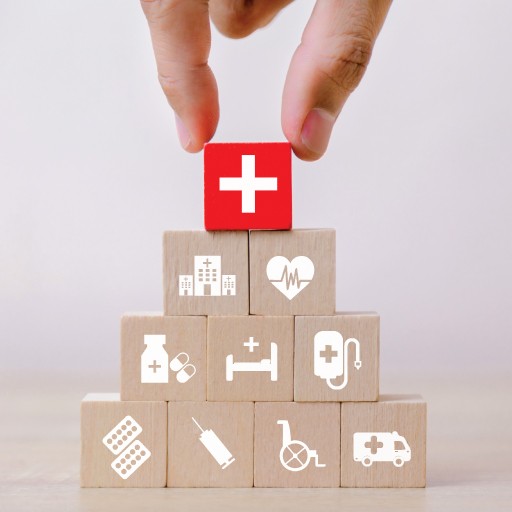
Fitness enthusiasts use the term ‘calories’ quite often. We need calories as they provide energy for our body to function. They are stored in our body and burnt as fuel which distributes energy in the form of heat. Calories are a unit of measurement which measure the amount of energy in the food that we consume and are expressed in kilocalories (kcal or Cal). Fat, protein and carbohydrates, known as three macronutrients consist of almost every person’s daily calorie intake.
Without the necessary amount of calorie consumption, our body will become weak as the cells die, resulting in organs such as heart and lungs not being able to carry out their basic functions.
Calorie intake into the body takes place through both low-calorie and high-calorie foods.
People who perform physical fitness activity such as gym exercises, brisk walks, and cross-fit often talk about losing or maintaining calories. This brings us to the question. Are calories good or bad for our overall health?
Calories as such cannot be classified as good or bad. There are high-calorie and low-calorie foods. If you happen to consume more of calories than you actually burn, then you will end up gaining weight. In such a scenario, the ratio of carbohydrates, fat and protein in your daily calorie intake is an uneven one.
At the same time, there is a concept of high-calorie and low-calorie foods.
What Are High-Calorie Foods And Are They Harmful?
Fast food or unhealthy food items and foodstuff high on sugar is not considered nutritional as they provide lots of empty calories. Empty calories consist of food which have zero nutrition value. Nutrition experts or dietitians usually warn people to control high-calorie food intake to avoid gaining weight. Food items such as candy, fast food, sugary sodas, cheese, dark chocolate eggs, and butter quickly add to calories in the body.
If you consume more of high-calorie food than what your body can actually burn, it results in unhealthy weight gain.
Are Low-Calorie Foods Always Healthy?
Low-calorie foods consist of a lot of water and fibre, and are low in fat, and high on proteins and carbohydrates. Boiled potatoes, oatmeal, fish, soups, lean meats, vegetables (they contain fibre, water, vitamins and minerals), legumes, and cottage cheese, fruit, nuts, coconut oil etc. are low-calorie items. High consumption of low-calorie food is considered beneficial for the body as bones and muscles become strong and healthy.
Though it is true that your body needs some amount of fat to stay healthy and energetic, excess fat consumption can lead to storage of body fat which can have an adverse effect on your health.
For this, every individual needs to know their calorie intake so as to consume the right amount of calories every day. Here is where the concept of calorie deficit comes into picture. This means you need to either decrease your calorie intake or burn more calories to get your weight on track.
Therefore, you should usually opt for calories that do not lead to excess body weight.
Popular Searches
Natural Beta blockers | How to cure depression | Summer activities for kids | High bp symptoms | HIIT workout | How to increase platelet count | Dash diet | Systolic and diastolic blood pressure | High blood sugar symptoms | Tabata workout | Push ups for beginners | Benefits of zumba | How to prevent breast cancer | Homeopathic medicine for asthma | Fruits to avoid in pcos | Neck pain relief exercises |Yoga for heart | Healthy soup recipes | Anti aging foods | Vitamin rich foods





 1800-270-7000
1800-270-7000








Hey thanks for sharing this wonderful article.